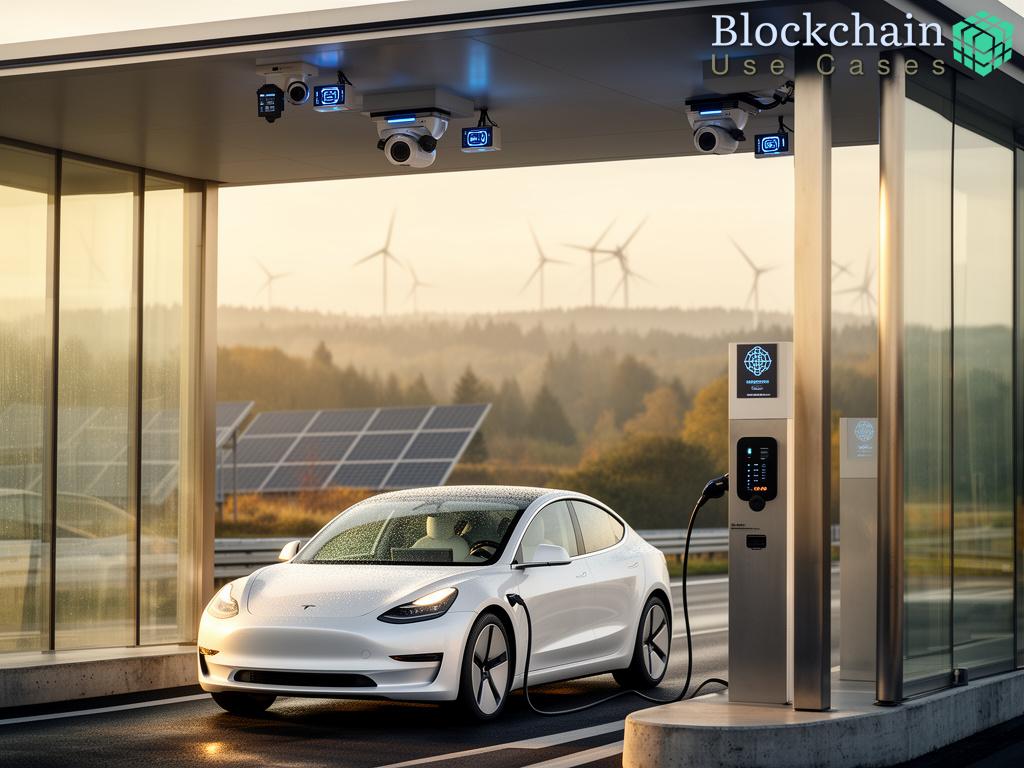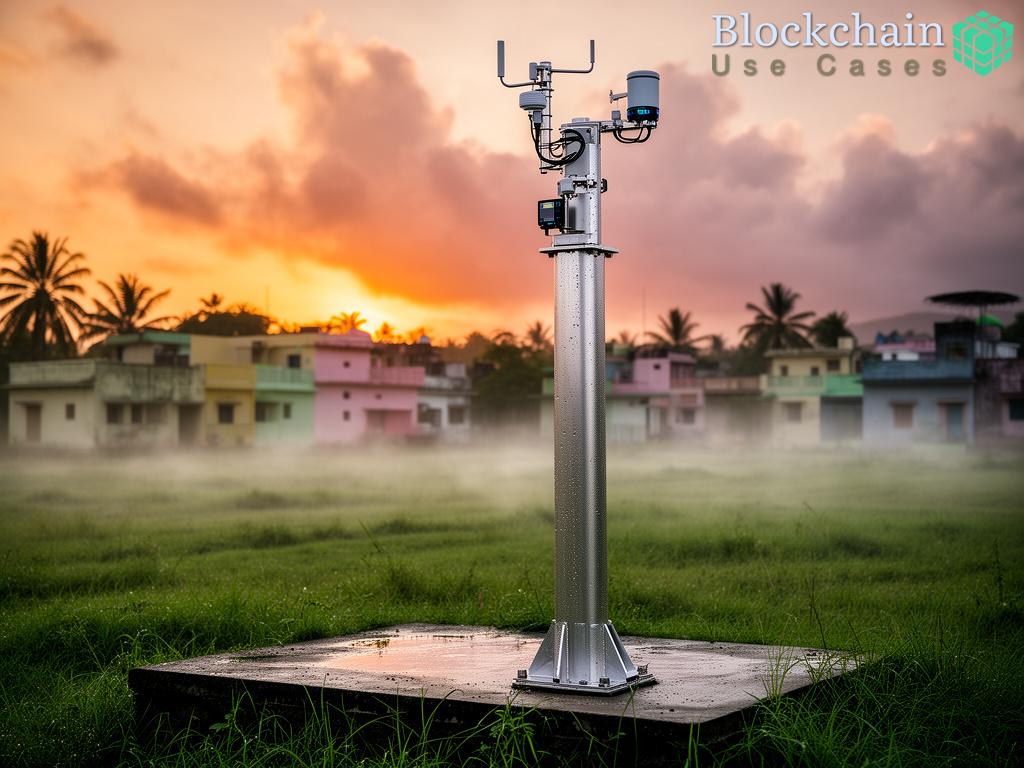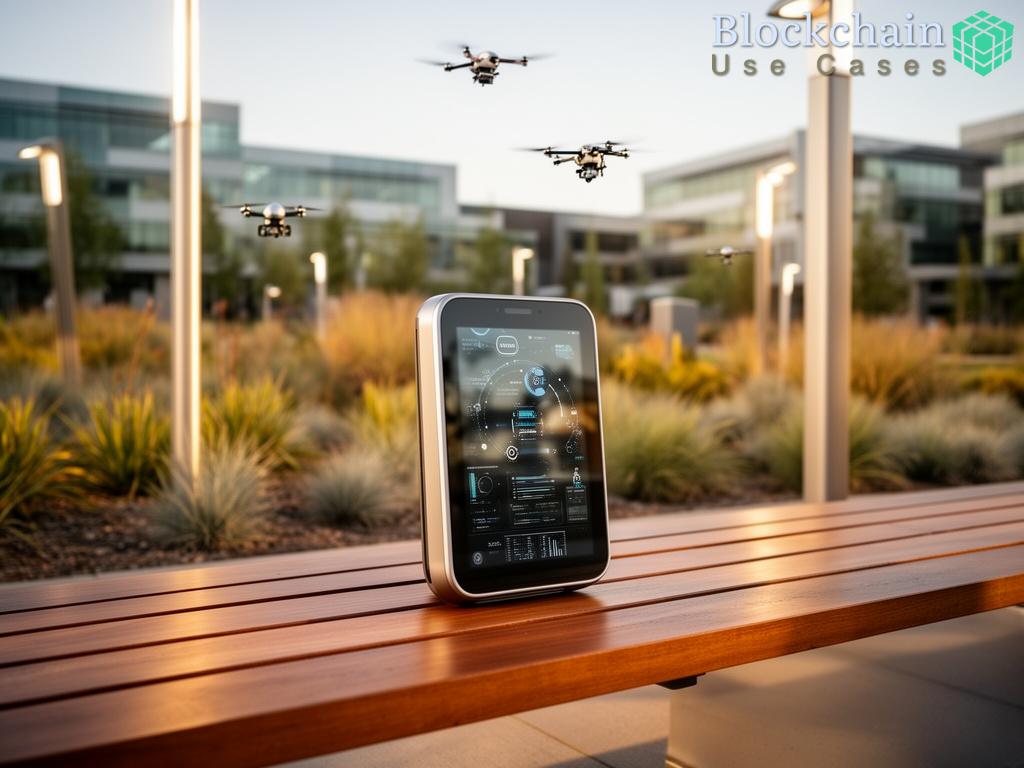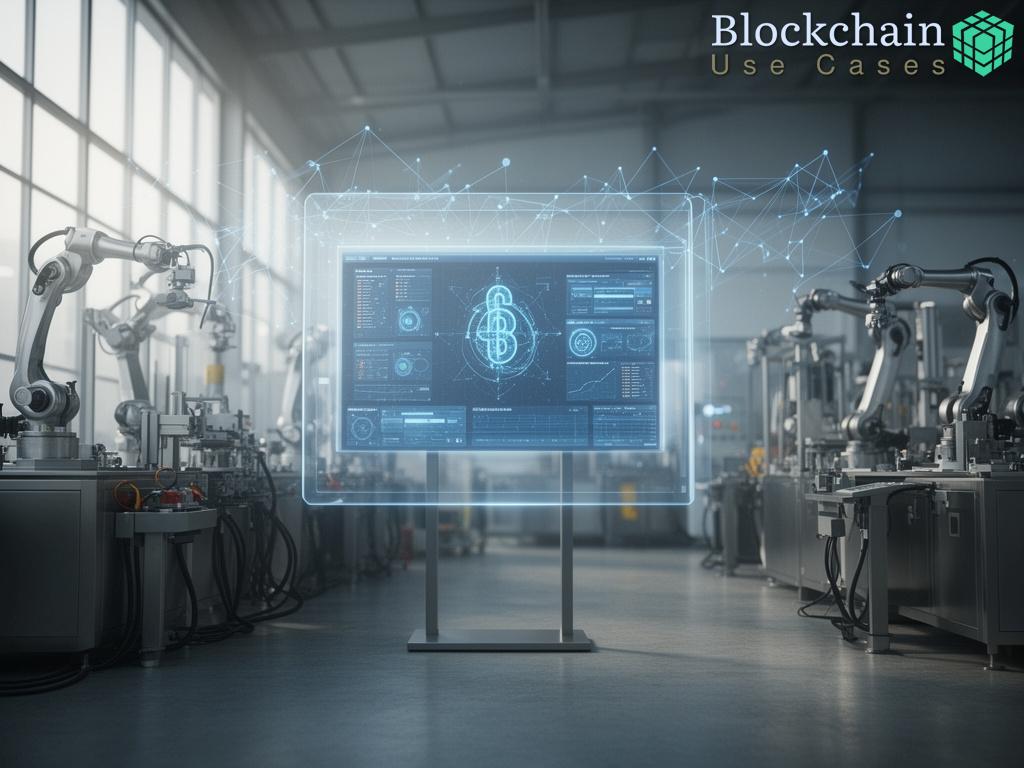In the ever-evolving field of agriculture, the integration of Internet of Things (IoT) technology with decentralized platforms is proving to be a game-changer. Farmers today face numerous challenges, from unpredictable weather patterns to resource management. By leveraging decentralized technologies, we can enhance precision agriculture, ensuring that every drop of water and every nutrient counts. This innovation not only optimizes crop management but also fosters sustainability, which is crucial for the future of farming.
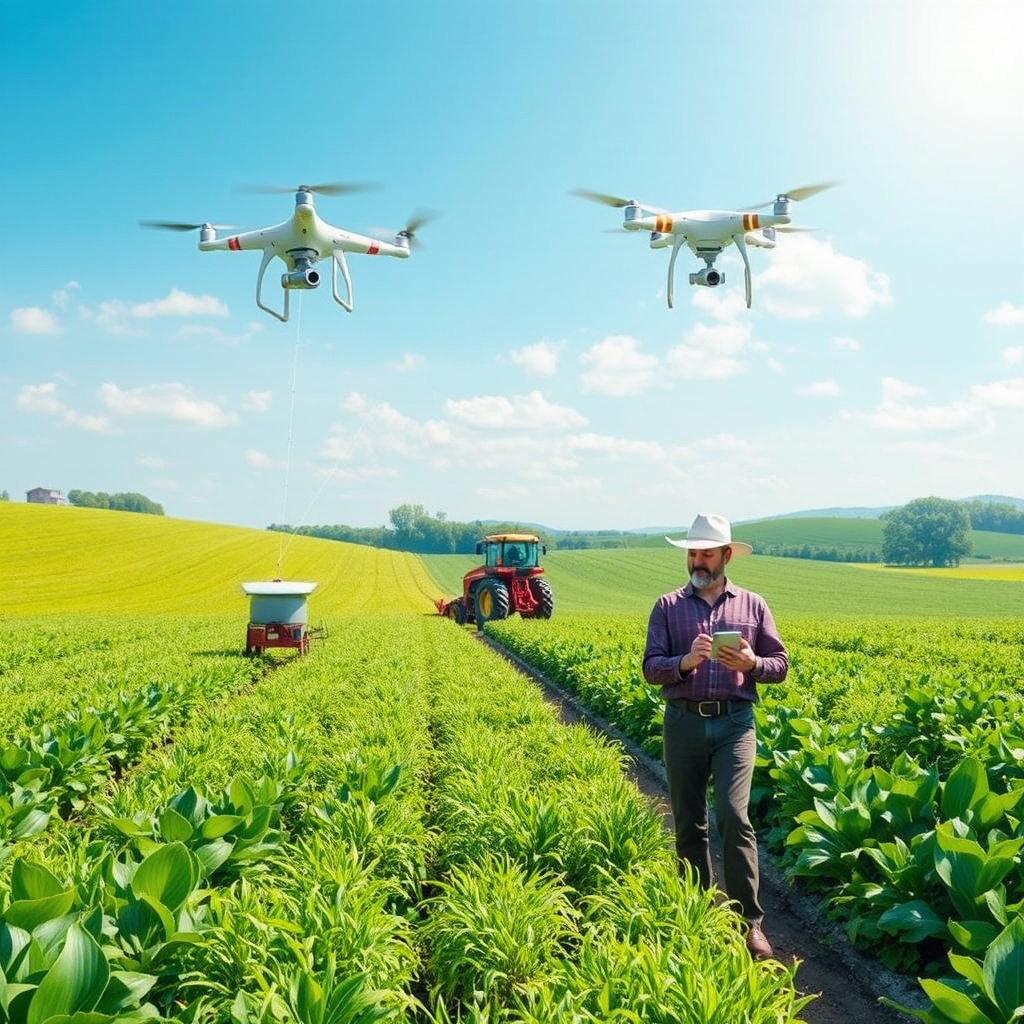
Decentralized platforms enable farmers to collect and analyze data from various sources in real-time. With IoT devices, such as soil sensors and weather stations, information can be gathered about moisture levels, soil quality, and climate conditions. This data is then stored on decentralized networks, ensuring that it is secure, transparent, and accessible to farmers without the traditional intermediaries.
Such systems promote greater collaboration among farmers, researchers, and agricultural experts. This collective intelligence leads to more informed decisions regarding crop rotation, irrigation schedules, and pest control measures. The result is enhanced productivity and reduced environmental impact, making agriculture more resilient against climate change.
Decentralized platforms offer a myriad of benefits that directly impact the efficiency and sustainability of agricultural practices. Below is a detailed list highlighting these advantages:
- Enhanced Security: Data is stored across multiple nodes, reducing the risk of data breaches.
- Increased Transparency: Farmers can verify the origin and quality of inputs, fostering trust in the supply chain.
- Cost Efficiency: By eliminating intermediaries, farmers can save on costs associated with data management and transaction fees.
- Scalability: Decentralized networks can easily adapt to the growing number of IoT devices without significant infrastructure changes.
- Community Empowerment: Farmers gain more control over their data, leading to better decision-making and resource optimization.
The implementation of decentralized platforms in precision agriculture not only empowers individual farmers but also builds a more sustainable agricultural ecosystem.


